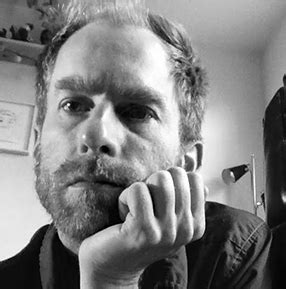A Quote by Diane Setterfield
Readers are fools. They believe all writing is autobiographical. And so it is, but not in the way they think. The writer's life needs time to rot away before it can be used to nourish a work of fiction. it must be allowed to decay.
Related Quotes
I dislike that premise implies that a fiction writer is incapable of dreaming up stories that can bring readers to tears, that if you are lucky enough to be living a pretty sedate life ,as I am, you've got nothing worthy of writing about, that you're incapable of making a reader's gut wrench.Frankly, that's what makes readers nervous, the sorcery of you or me or any good fiction writer making up characters who feel like real people, of telling a story that feels true but isn't.
That is as true for fiction or non-fiction. The writer has to really know their subject. It is really important to remember that the readers are a lot smarter than the writer. Also, good writing has to do with rewriting. You will never get it right the first time. So you rewrite and rewrite again until you get it right. Until you, and the reader, will be able to visualize what you're writing about.
As a gay writer and someone who began by writing autobiographical fiction, it's hard to get away from chatter of "You're just a narcissist," "You're just a gay man," "You're just looking for yourself in somebody else," "Why does your boyfriend look like you," a kind of baggage that you already have to create in the face of.
When an individual passes from one period of life to another a time comes when he cannot go on in senseless activity and excitement as before, but has to understand that although he has out-grown what before used to direct him, this does not mean that he must live without any reasonable guidance, but rather that he must formulate for himself an understanding of life corresponding to his age, and having elucidated it must be guided by it. And in the same way a similar time must come in the growth and development of humanity.
I think all of us begin as writers. I wanted to be a writer from the time I as eight, long before I heard of jazz. The question is, once you have that obsession, what is your subject going to be and you often don't know for some time. It might become fiction, it might be non-fiction, and if it's non-fiction it can go in any number of directions.
There's the fact that American fiction is basically the most apolitical fiction on the globe. A South American writer wouldn't dare think of writing a novel if it didn't allude to the system into which these people are orchestrated - or an Eastern European writer, or a Russian writer, or a Chinese writer. Only American writers are able to imagine that the government and the corporations - all of it - seem to have no effect whatsoever.
The gift of creative reading, like all natural gifts, must be nourished or it will atrophy. And you nourish it, in much the same way you nourish the gift of writing - you read, think, talk, look, listen, hate, fear, love, weep - and bring all of your life like a sieve to what you read. That which is not worthy of your gift will quickly pass through, but the gold remains.



































